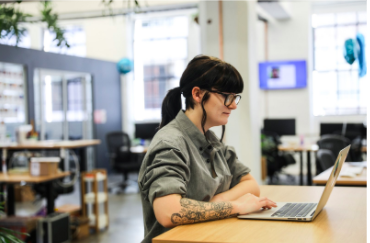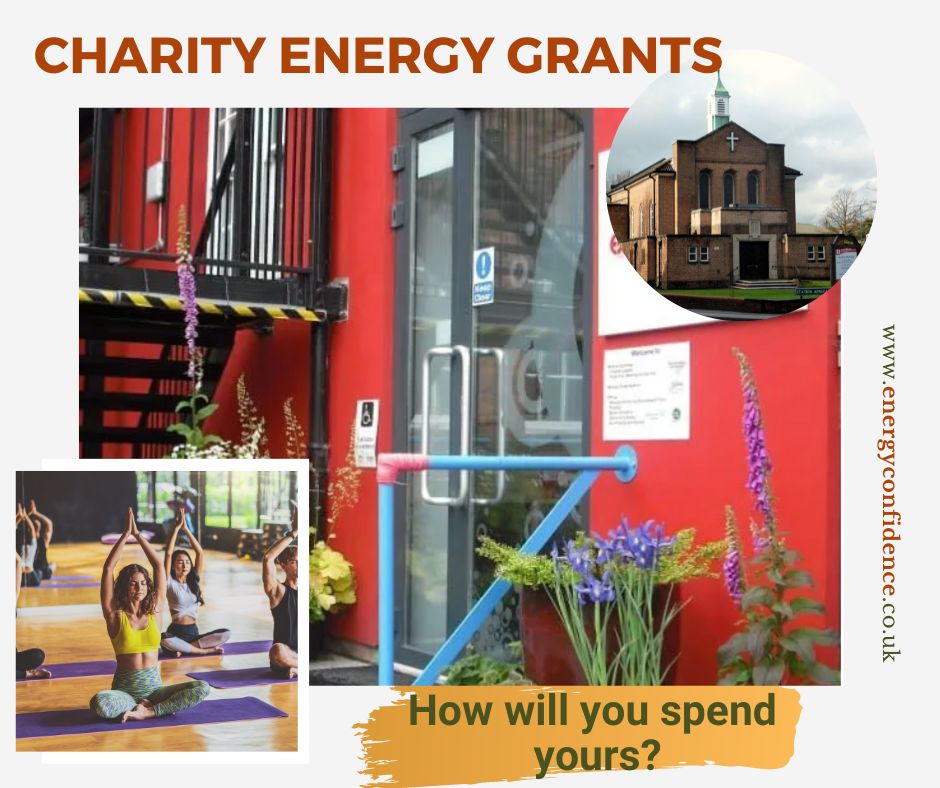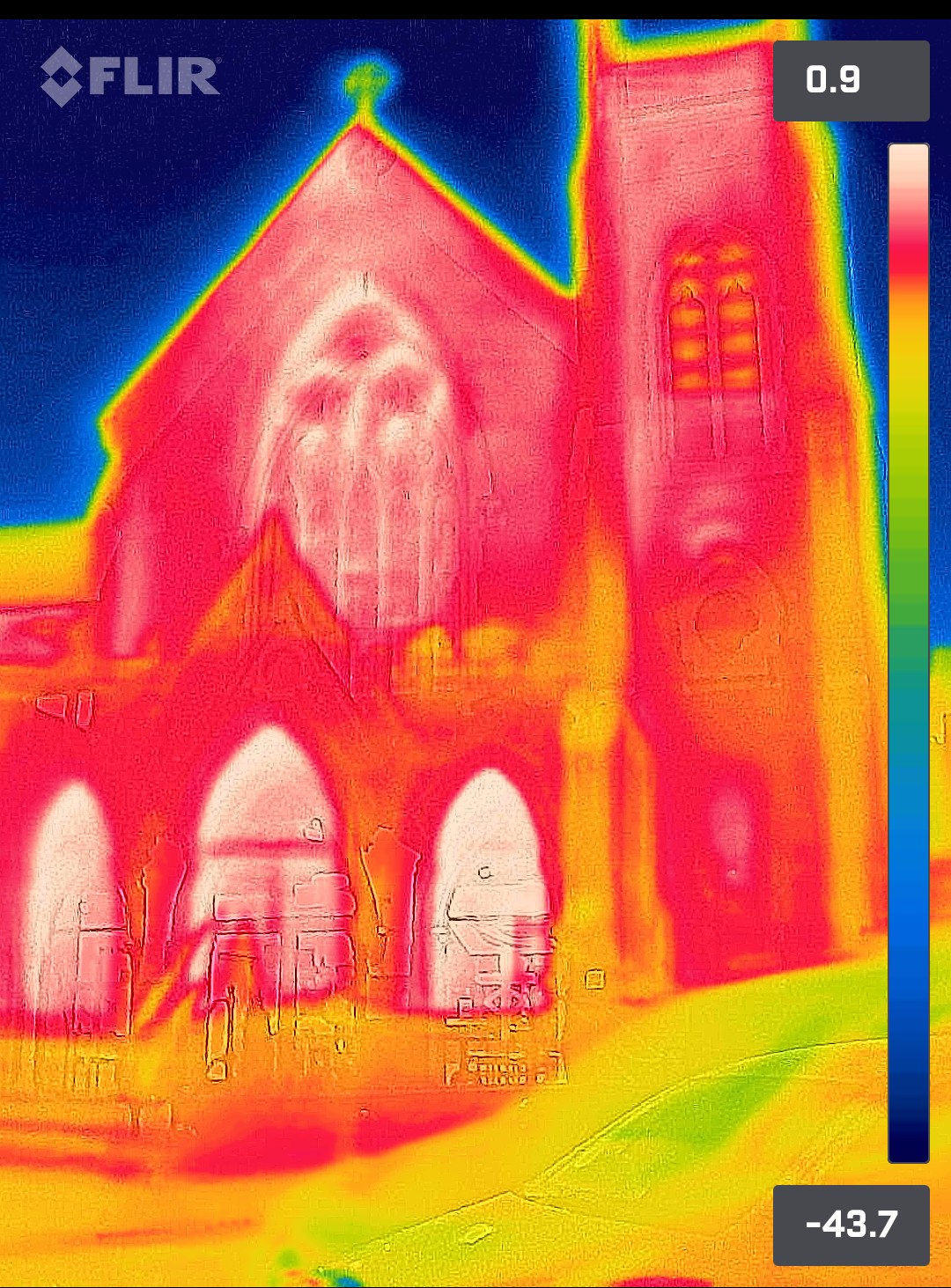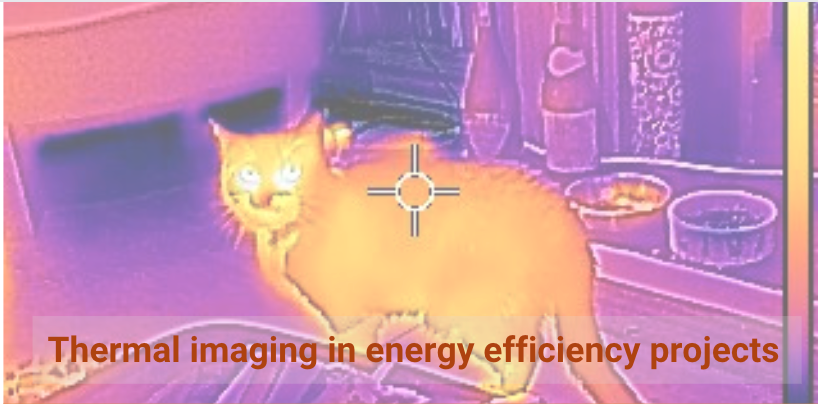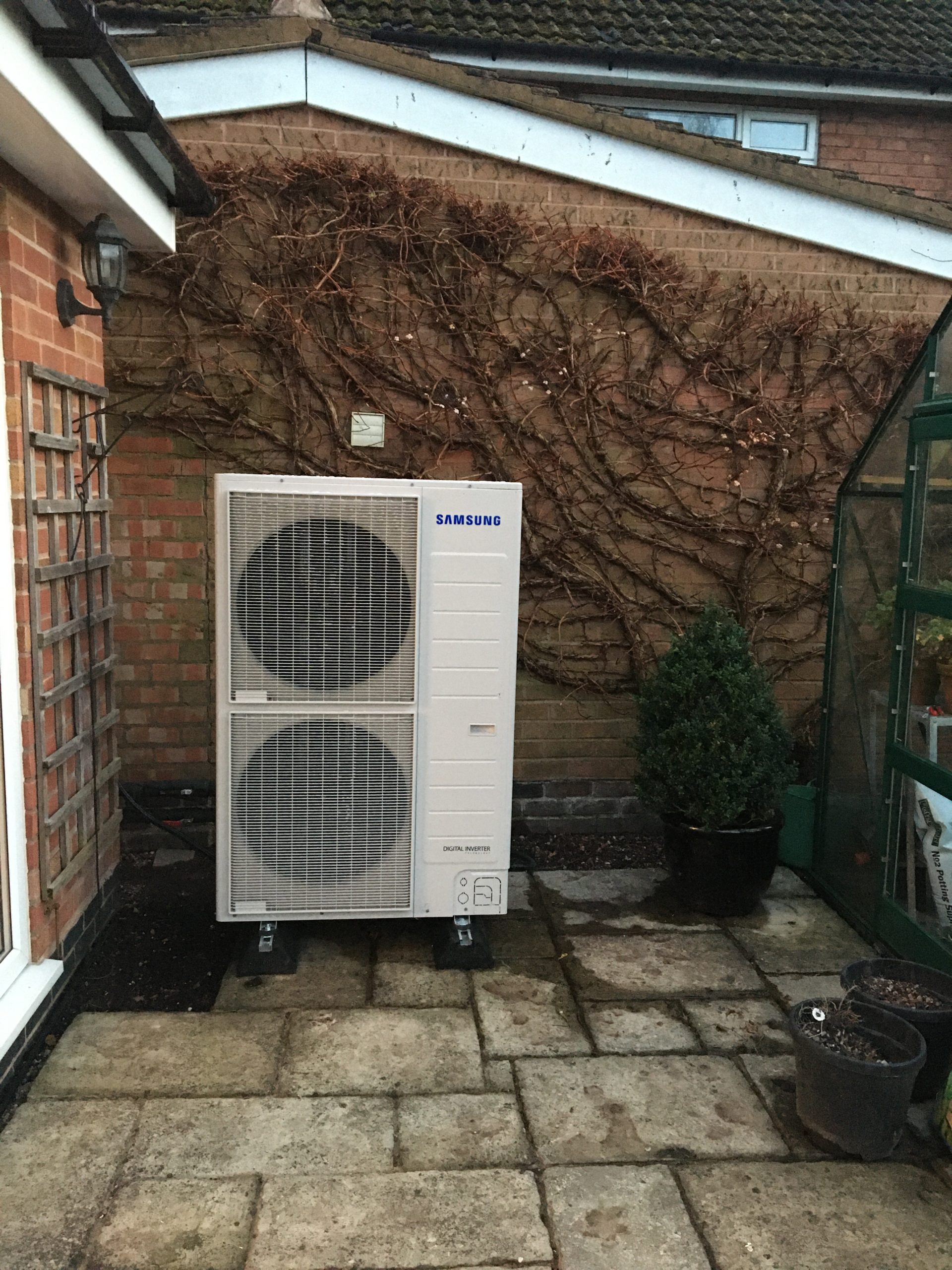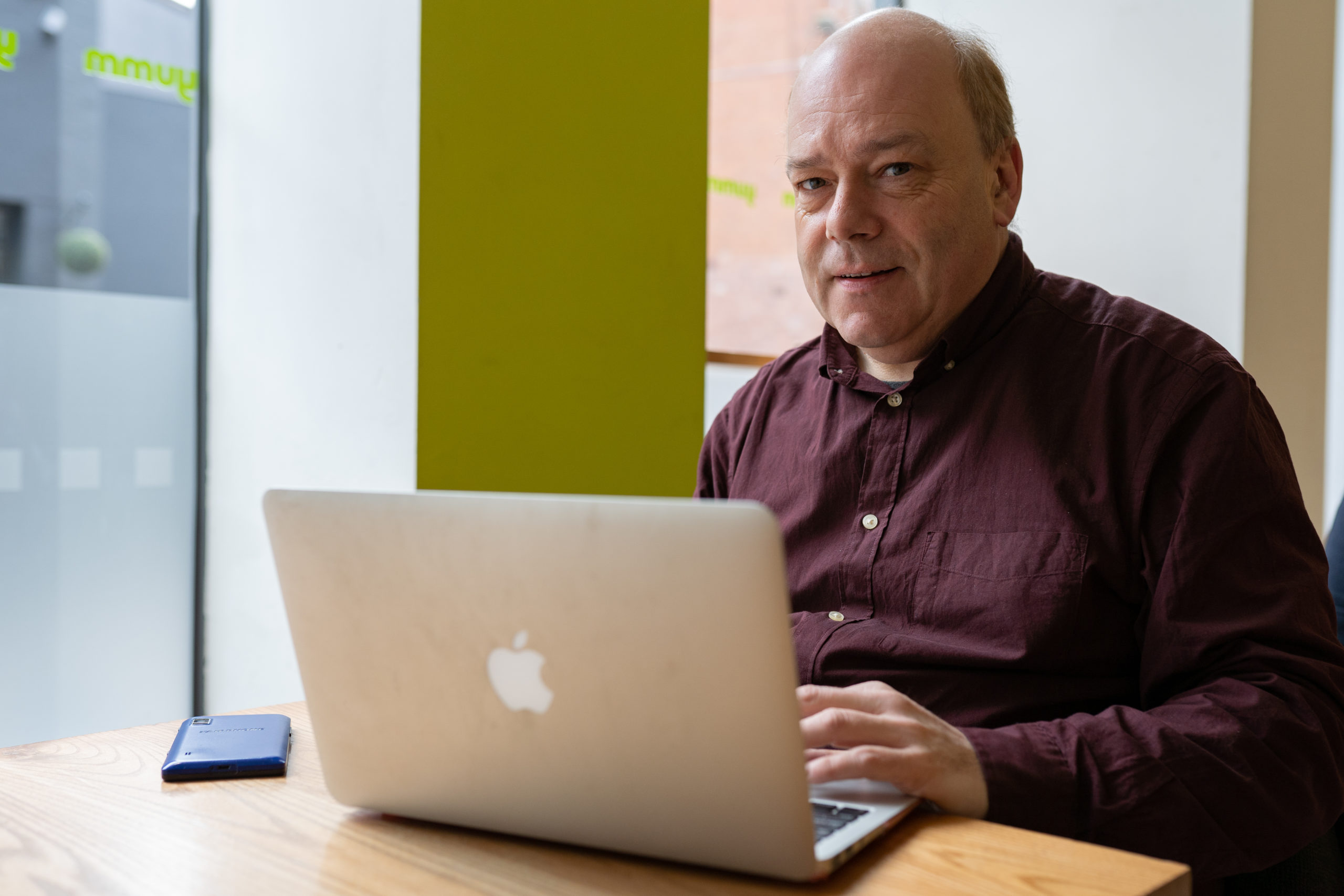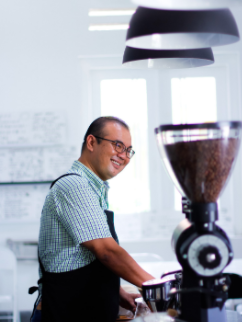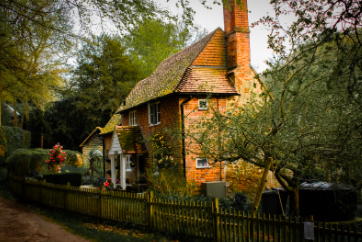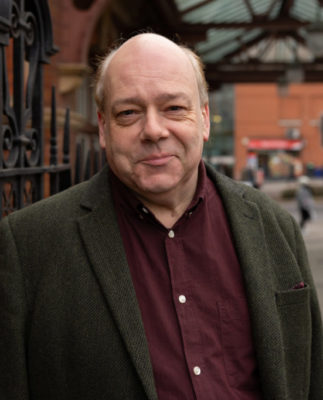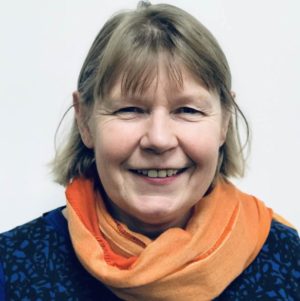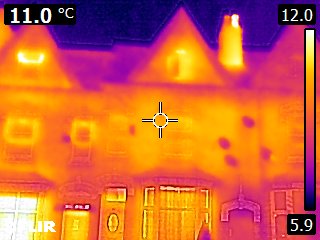Rhoda and Connor were thinking about replacing their existing oil boiler, which was 15 years old. They were spending more time at home now and wanted to manage their fuel bills in their large 4 bedroomed detached home. They were interested in air source heat pumps, because they wanted to reduce their greenhouse gas emissions.
Rhoda researched whether a heat pump would work for their home, what to look for in a heat pump, and whether they would be better off. She attended a webinar put on by Energy Confidence with Phil Beardmore on home energy saving, where she learned that she needed to consider a whole-house approach to energy saving.
Expert advice
Rhoda and Connor felt that they needed expert advice, so they signed up to an Energy Confidence advice package. Phil advised them on the suitability of a heat pump with smart heating controls, understand the quotes they got, to choose the right installer, and used spreadsheets to understand the economics of a heat pump.
Phil also did a thermal imaging survey to identify where Rhoda and Connor needed to improve insulation for greater efficiency and thermal comfort.
Leap of faith
Rhoda said, “Overall he gave us the confidence to make this leap of faith – and we have no regrets!! Our house is warm, our water is hot, and we look forward to £££ savings. We’ve also made a big reduction in our carbon footprint!! We have already recommended Phil to our friends.”
Connor is keeping records of how their fuel consumption has changed since the heat pump was installed in December 2020 and the oil boiler and tank were removed. Watch this space – when the heat pump has been in for 12 months, I will write another blog on their fuel savings and carbon dioxide savings.
Green homes grant
Phil also advised Rhoda and Connor on the Green Homes Grant and the Renewable Heat Incentive. Rhoda and Connor successfully applied for funding towards the cost of their heat pump.
Are you ready to make your fuel bills steady?
If you’d like to work with me on energy saving in your home or business, please check out my energy saving advice packages.

